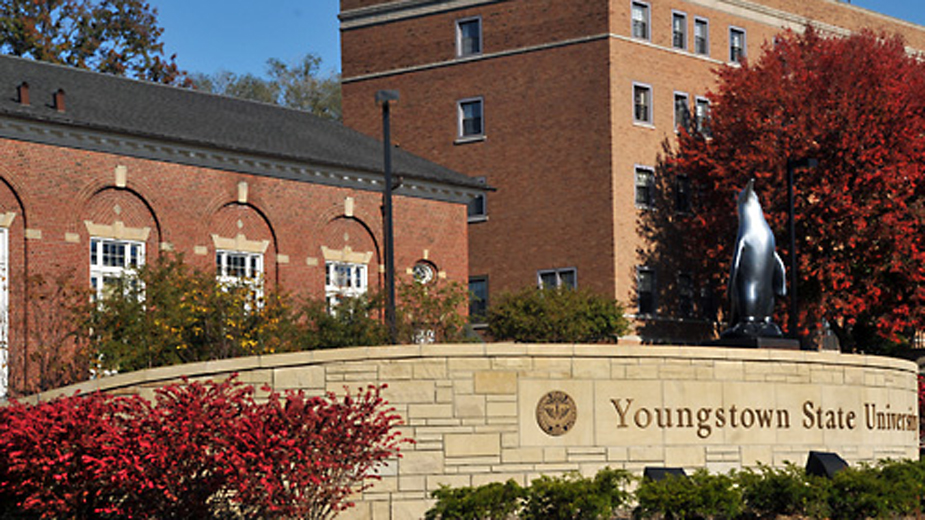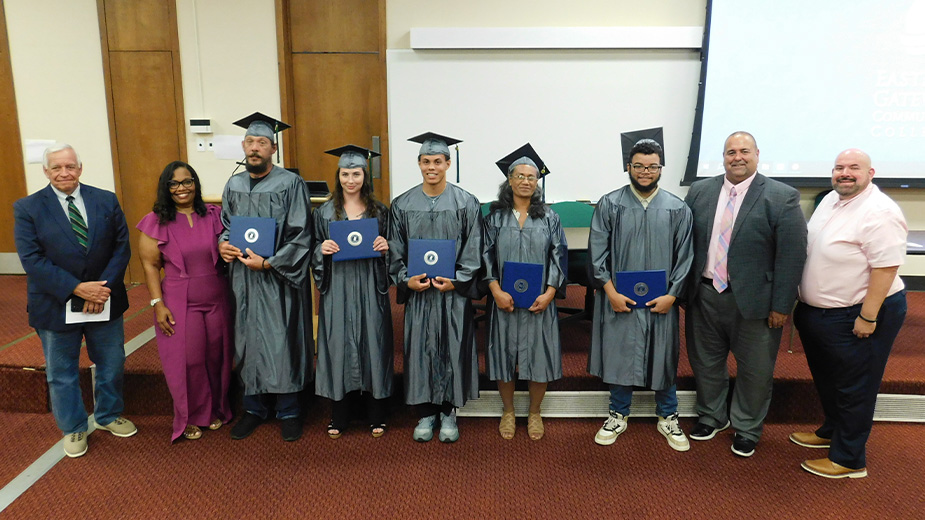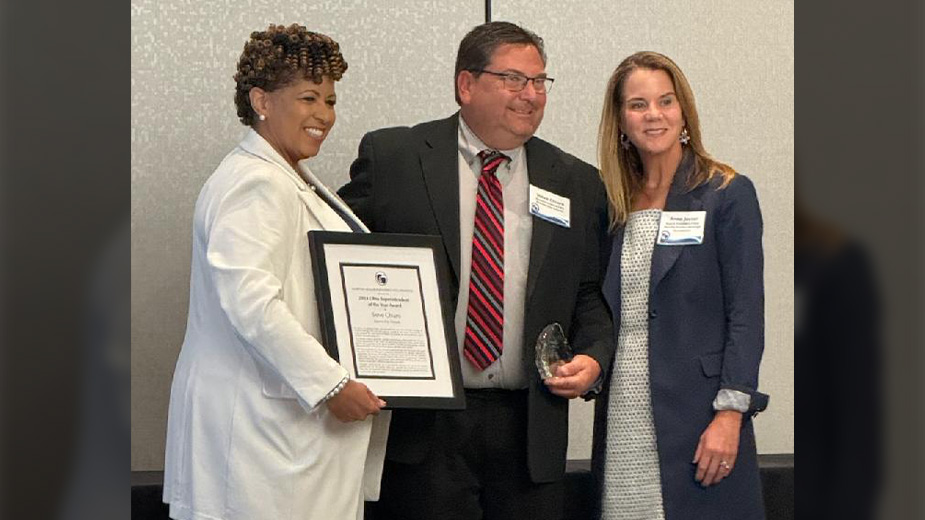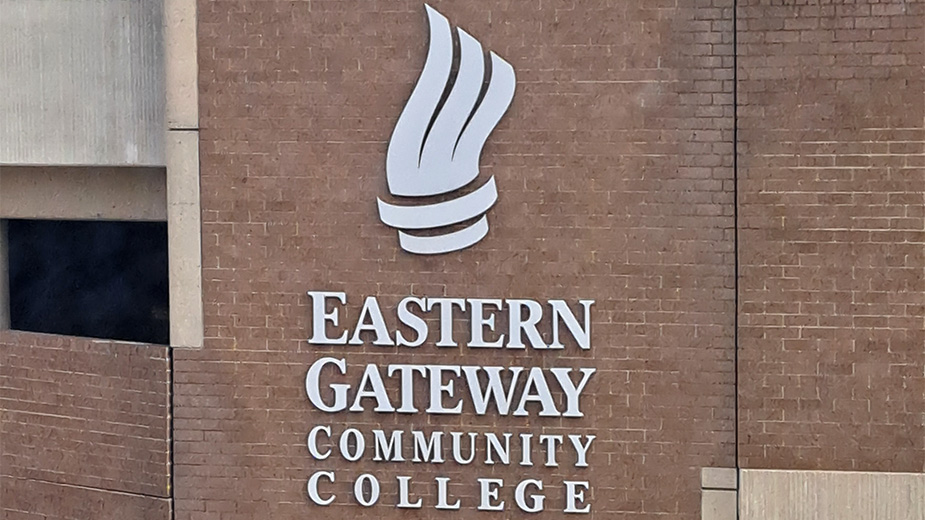YSU Earns Record $16 Million in Grants
YOUNGSTOWN, Ohio — Youngstown State University faculty and staff earned nearly $16 million in research and service grants this past fiscal year, the most ever in a single year.
“This record-setting level of grant activity across campus is remarkable,” says Brien N. Smith, YSU provost and vice president for Academic Affairs. “This means that over the last two fiscal years, our talented and hard-working faculty, staff and others throughout the university have garnered more than $30 million in grants – a laudable achievement.”
YSU faculty and staff were awarded 93 grants totaling $15.8 million in fiscal year 2022. That’s up from $14.4 million last fiscal year, the previous high mark for YSU.
“These are competitive grants that require much resolve, perseverance and resilience on the part of the applicant and our office,” Sev Van slambrouck, YSU director of Research Services, says. “Kudos to YSU for supporting such activity that ultimately has consequential impact for our region and our students.”
The total includes grants from a wide variety of agencies, including the National Science Foundation, Air Force Research Lab, Ohio College Health Association, NCAA, NASA, Ohio Space Grant Consortium, Ohio Arts Council, Corporation of Public Broadcasting, Consortium for Ocean Leadership, Institute of Management Accountants and the State Library of Ohio.
Among the largest grants is $3.3 million from the Defense Logistics Agency via the National Center for Defense Manufacturing and Machining. The grant is part of a larger $10 million national tech initiative aimed at creating jobs and bolstering the manufacturing supply chain.
Other large grants include:
- $2.2 from NCDMM to create a hub-and-spoke consortium on hybrid manufacturing;
- $1.3 from the Air Force Research Lab to develop education and training programs for workforce development in the areas of digital design, microelectronics and assure development;
- $750,000 from the Department of Energy for development of a National Energy Workforce Training and Innovation Center;
- $498,000 from the NSF for the Community-Engaged Educational Ecosystem Model in Rust Belt Cities;
- $291,406 from NSF Research Experiences for Undergraduates to bring 12 students from around nation to YSU each summer for three years to conduct research in mathematics and statistics; and
- $200,000 from the Ohio Department of Education to increase the number of people entering the teaching profession, especially special education.
Published by The Business Journal, Youngstown, Ohio.



